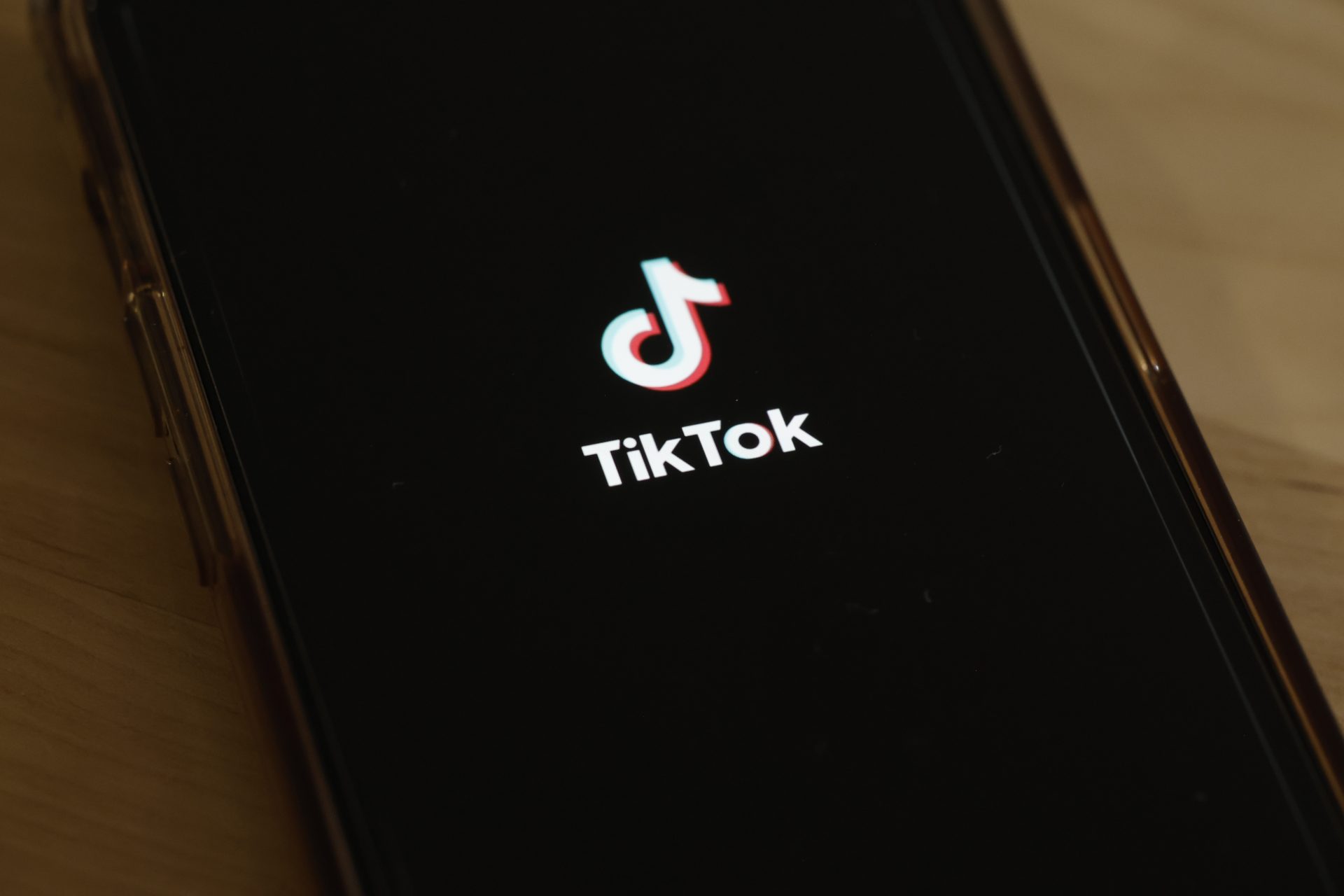
NEW YORK, NEW YORK - MARCH 13: In this photo illustration, the TikTok app is seen on a phone on March 13, 2024 in New York City. Congress is set to vote and pass a bill that could ban the popular app TikTok nationwide and be sent to the Senate for a vote. The bill would force the Chinese firm ByteDance to divest from TikTok and other applications that it owns within six months after passage of the bill or face a ban. Lawmakers argue that ByteDance is beholden to the Chinese government making the app a national security threat. (Photo Illustration by Michael M. Santiago/Getty Images)
TikTok is swinging back at the United States’ attempt to force their sale. Two weeks ago, the U.S. gave the app’s parent company, ByteDance, a year total to sell the social platform. In response, both companies are taking the United States to court with a new lawsuit!
TikTok and ByteDance filed their lawsuit on Tuesday (May 7). According to the Associated Press, the Chinese company says the law “unfairly singles out [their] platform and is an unprecedented attack on free speech.”
ByteDance alleges the new law doesn’t rely on any evidence to prove TikTok poses a national security threat. Instead, it claims the U.S. is trying to evade the First Amendment and “regulate TikTok’s ownership.”
“For the first time in history, Congress has enacted a law that subjects a single, named speech platform to a permanent, nationwide ban, and bars every American from participating in a unique online community with more than 1 billion people worldwide,” ByteDance asserts in the lawsuit filed in a Washington appeals court.
The companies also argue that they should be protected by the First Amendment’s guarantee of freedom of expression and seek a declaratory judgment that it is unconstitutional.
The lawsuit is the latest turn in what’s shaping up to be a protracted legal fight over TikTok’s future in the United States — and one that could end up before the Supreme Court. If TikTok loses, it says it will be forced to shut down by Jan. 19. because continuing to operate in the U.S. wouldn’t be commercially, technologically or legally possible.
President Joe Biden signed the ban bill into law on Apr. 24. The TikTok security action was just part of a $95 million spending package that includes aid funds to Ukraine, Israel, and Taiwan. It landed on Biden’s desk with a bipartisan 79-18 vote. Only 15 Republicans and three Democrats voted against the deal.
As for the security concerns, the U.S. argued that ByteDance, based in Beijing, is subject to Chinese law. The United States feels that the Chinese government could force ByteDance to share sensitive information about millions of American users at any point. That includes names and visual recognition data.
Here’s how the yearlong deadline is broken down: TikTok has nine months to sell to a U.S.-approved buyer. If a sale is made within that time frame, they’ll have three more months to complete it.
But ByteDance is refusing to sell TikTok. A sale would mean separating it from the global market and making it a U.S.-only platform, which the company says would be impossible. Additionally, it would mean ByteDance coughing up its software code, meaning there would be no “operational relationship” between ByteDance and the U.S.-only version of TikTok.
The rest of the world is slowly getting on board with banning and partially restricting the app in their countries. According to the A.P., at least 19 countries (20 including the U.S.) have some regulations regarding the video-based app.
In addition to the law regarding the sale, the U.S. already requires government agencies to keep the TikTok app off of federal devices and systems. Congress, the U.S. armed forces, and more than half the country also have laws against the app being on official devices.
The following entities reportedly have similar laws in place for government devices:
Afghanistan, Australia, Belgium, Canada, Denmark, the European Union, France, Indonesia, Latvia, the Netherlands, Norway, New Zealand, Somalia, Taiwan, and the United Kingdom.
It has never been available for download in China, and in 2020, India banned it and other Chinese apps nationwide. Nepal also banned it nationwide in November 2023, and Pakistan has temporarily banned it at least four times since 2020, per A.P.
If ByteDance does not sell, the U.S. will wipe the app from Apple and Google app stores next year.
This would also mean that TikTok wouldn’t be able to send updates, security patches, and bug fixes, and over time, the app would likely become unusable — not to mention a security risk.